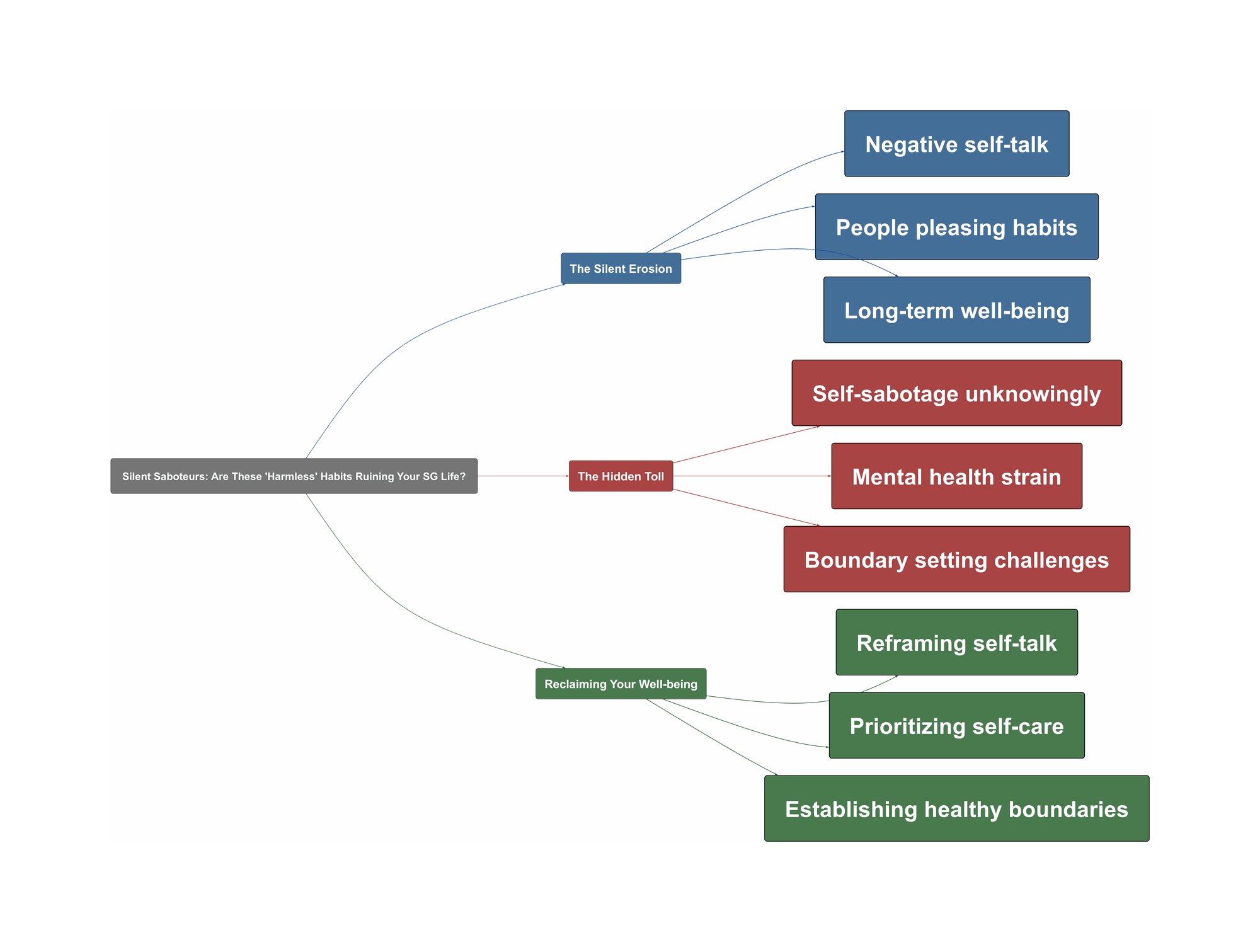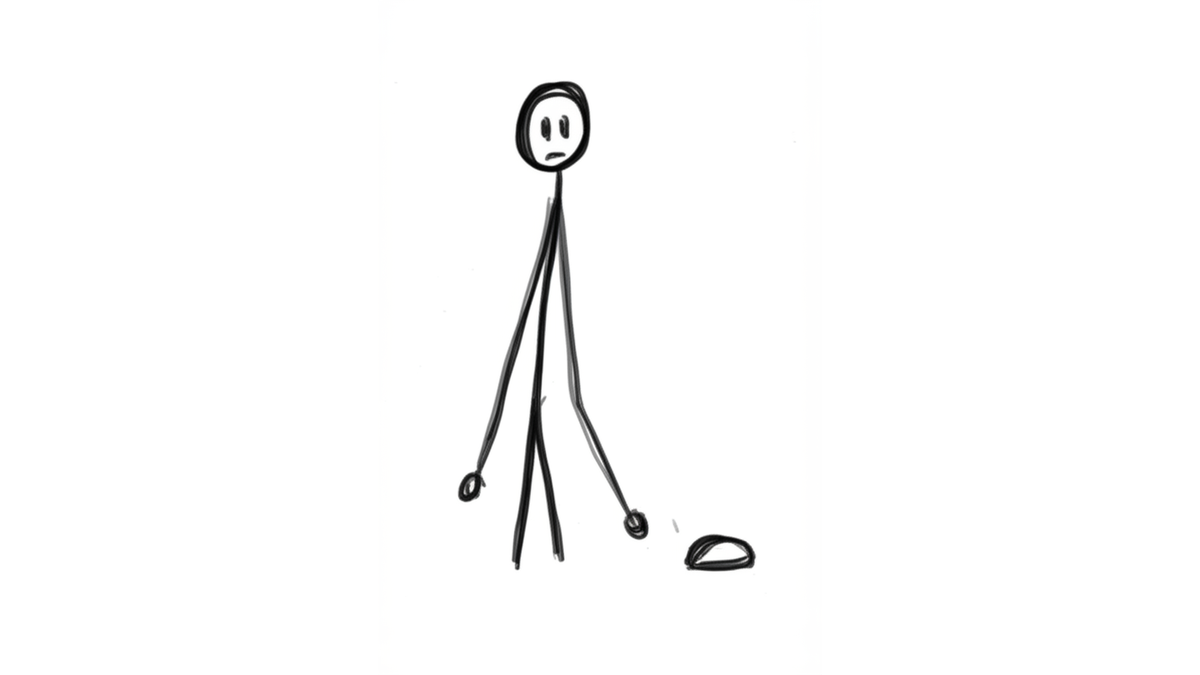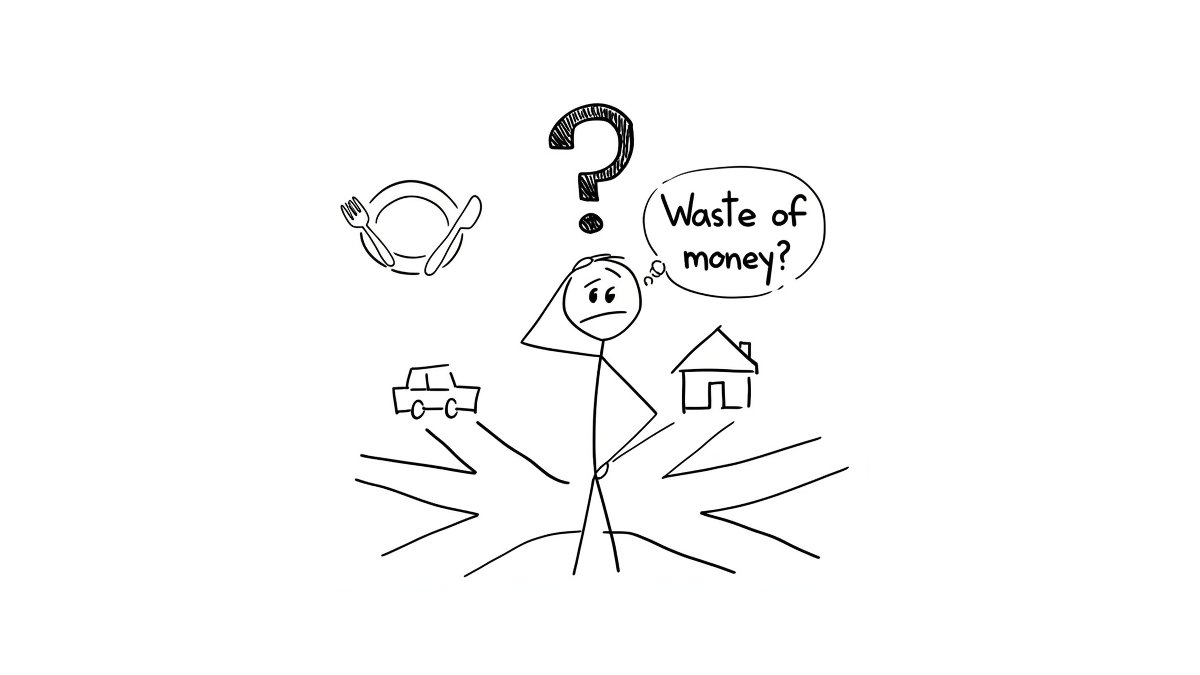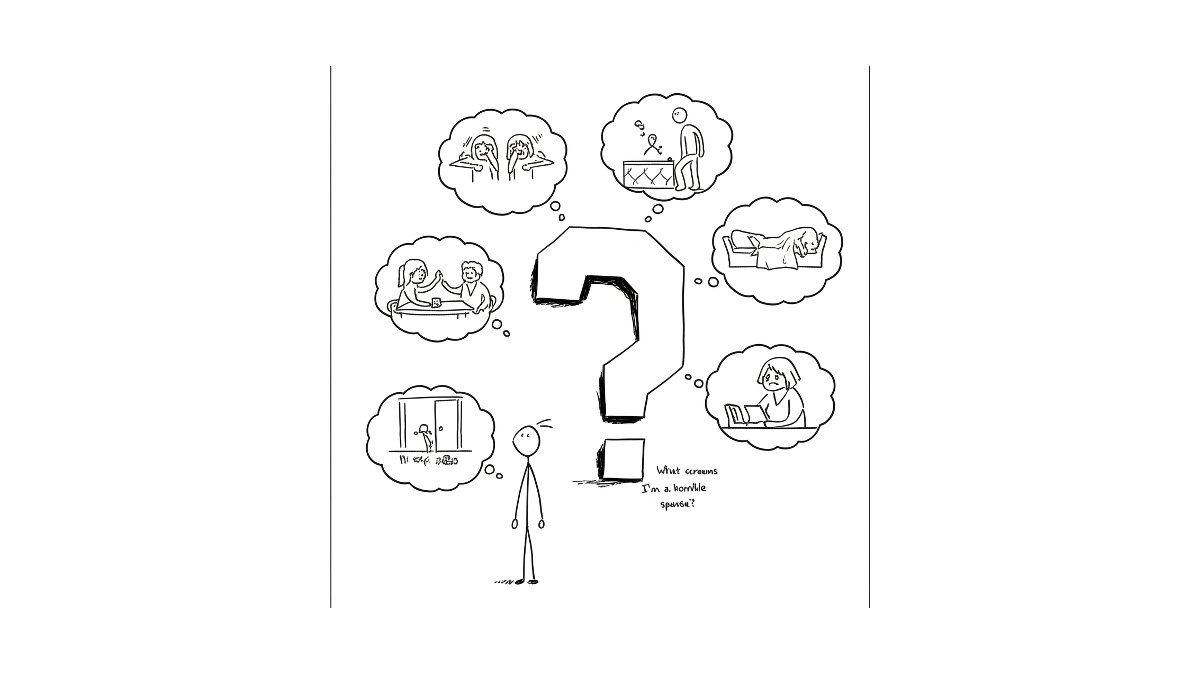Ever feel drained despite working hard, or wonder why things just don’t feel right even when everything seems okay on the surface? Many of us in Singapore are unknowingly trapped by ‘harmless’ habits that quietly chip away at our well-being. From rushing through meals to constantly saying “yes” to others, these seemingly minor actions can build up, creating a silent burden that impacts our mental health, relationships, and even finances in the long run. It’s time to unmask these hidden saboteurs before they take a real toll.
The Silent Erosion
In our fast-paced Singaporean society, it’s easy to dismiss seemingly minor habits as just part of the grind. However, Reddit discussions reveal a shared concern: these small, repeated actions accumulate into significant problems. “Lack of sleep” is a common culprit, often overlooked in the pursuit of deadlines or leisure. Another pervasive habit is “people pleasing,” where the desire to keep everyone happy often comes at the expense of one’s own well-being. This constant self-sacrifice can lead to deep-seated resentment and burnout, a common struggle for many trying to balance work, family, and social expectations in Singapore.
“Lack of sleep”
“People pleasing. If you are more concerned with making sure everyone around you is happy than you are about your own well being, it will bite you in the ass. Eventually you will start to resent people because you will feel that they don’t put in as much effort as you do, when in reality you are just doing too much!”
The Hidden Toll
The true cost of these “harmless” habits often remains hidden until it’s too late. Beyond the obvious physical effects of sleep deprivation, habits like negative self-talk can severely impact cognitive function and self-worth. This internal critic, while sometimes perceived as a way to “motivate” oneself, actually decreases cognitive performance over time. Financially, “only doing minimum payments on debt” allows interest to work against you, silently eroding your savings and future stability – a stark contrast to the typical Singaporean emphasis on financial prudence. Even staying in an unhappy relationship, often due to a fear of confrontation or a desire to avoid “hard subjects,” leads to prolonged emotional distress and missed opportunities for genuine happiness. These seemingly small compromises chip away at our mental resilience and overall quality of life.
“Only doing minimum payments on debt. Allowing interest to work against you.”
“Negative self talk… will actually decrease cognitive function in the brain over time.”
Reclaiming Your Well-being
Thankfully, breaking free from these damaging habits is achievable with conscious effort and practical strategies. For negative self-talk, the key isn’t always “positive” self-talk, but rather reframing. Instead of “I’m a bad person,” try “I did that wrong and will do it differently next time.” This shifts focus from moral judgment to learning and growth. Setting “proper boundaries” is crucial for people-pleasers; remember, “we teach people how to treat us.” Prioritising your own needs isn’t selfish, it’s essential for sustainable well-being. For financial health, commit to paying more than the minimum on debts. By acknowledging these habits and taking small, consistent steps, Singaporeans can reclaim their mental and emotional space, fostering a healthier, more resilient self. It’s about making a vote for the person you are becoming, one conscious choice at a time.
“The opposite of negative self talk isn’t always “positive” self talk. Sometimes it’s just choosing not to moralize it. “I did that wrong and will do it differently next time” is worlds away from “I did that wrong and I’m a bad person because of it”.”
“Learn early how to set and maintain proper boundaries.”





